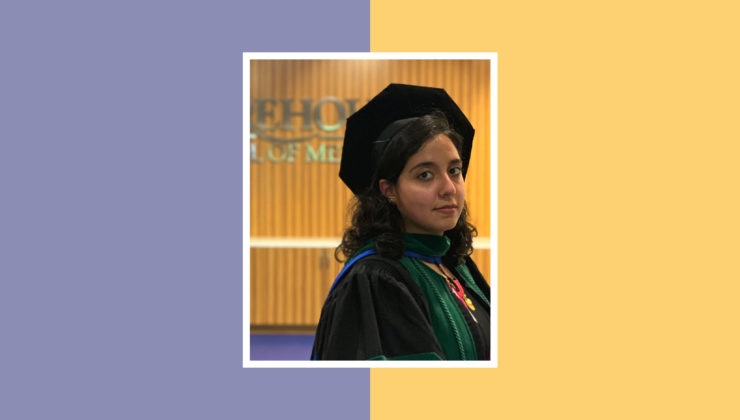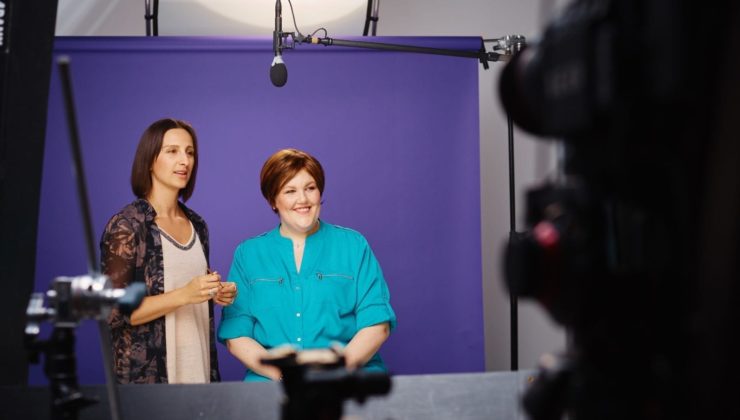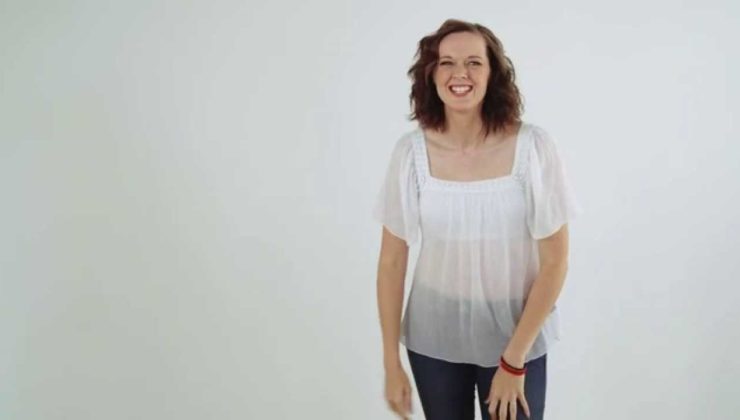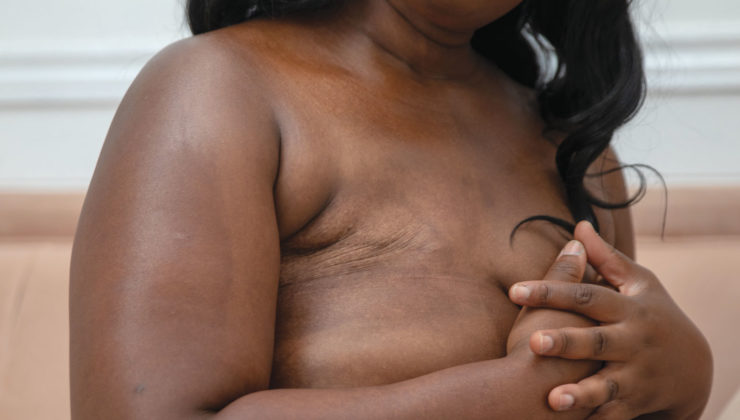Why I Get Involved In Cancer Research
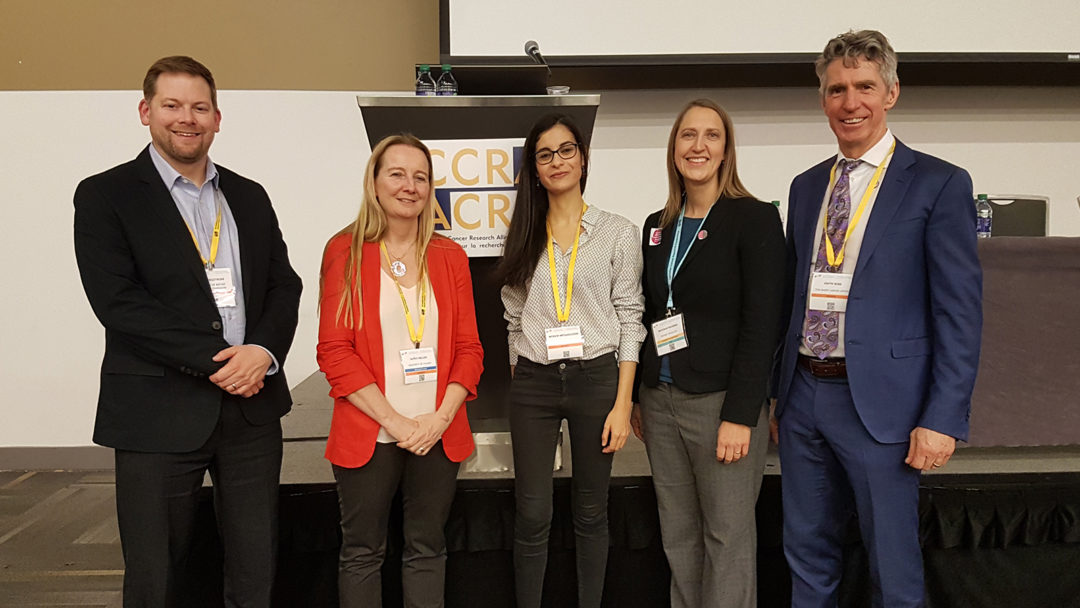
Attending the Canadian Cancer Research Conference (CCRC) in Ottawa reinvigorated my interest in cancer research advocacy, which let’s face it, can be a complicated space. Here’s my experience and why I get involved in cancer research and why patient advocates are needed in this area.
SHARING MY STORY

Alongside other patient advocates, I had the opportunity to co-chair sessions, allowing us to share our stories and set the tone for the other speakers. It reminded the speakers of the importance of relating their research findings to patients.
I also had the opportunity to be a part of the Scientific Planning Committee for the CCRC, which allowed me to be involved in the development of the scientific program to bring a patient’s perspective to the sessions. I also reviewed some of the abstract submissions to score them for a poster presentation or an oral presentation.

The conference allowed me to meet so many people! I spoke with researchers who are committed to improving cancer treatments and who are interested in involving patients as part of their research team, health professionals involved in clinical trials who make clinical decisions for their patients and patient advocates who are dedicated to improving the lives of patients by bringing a patient’s perspective to cancer research and changing health policy.
I acknowledge that research work is a long process and it can often involve a series of dead-ends. It can be demoralizing for researchers to face this arduous work on a daily basis. Speaking with patients can remind them of the importance of their work and motivate them to persist despite the challenges.
GAINING KNOWLEDGE
The CCRC has a Patient Involvement Program, which provides patients with education opportunities prior to, and at the conference. Patients learn a bit about basic biology, immunotherapy, etc. so that they can better understand the work that will be presented at the conference. The Patient Involvement Program also has patient-specific sessions to help patients become better advocates, which is very helpful!
Attending the conference allowed me to learn about the latest advances in cancer research. Here are some key learnings that really stood out:
The microbiome may be linked to therapy response. There is ongoing research to determine whether the gut microbiome can be modified to improve a patient’s response to treatment, perhaps by combining prebiotics with immunotherapy treatments.
Completing genetic testing (multigene panel) on all breast cancer patients would be impactful but is currently economically unfeasible, due to the resources required for genetics counselling. The current criteria used to screen patients for genetic testing is resulting in missing women with mutations that could be targeted by existing treatments. Researchers are looking at ways to expand the current genetic testing approach without overburdening the health care system. New models of care are needed.
Researchers in Montreal (in collaboration with MBC patient, Laurie Hendren) have developed a patient empowerment app. The app allows patients to access their medical information, check-in for appointments, reminds them if any special preparation is needed prior to their appointment, share their data for research purposes, etc. They continue to develop the functionality of the app and are expanding it to multiple medical centres in the Montreal area. I hope that it will eventually become available nation-wide.
Researchers in Calgary are using the POET approach to precision oncology. POET – precision oncology experimental therapeutics. They will be monitoring 500 patients in real-time to learn how to get the right drug to the right person at the right time and right place.
Researchers are studying epigenetics to determine whether they can predict chemo resistance (regardless of the line of treatment) based on epigenetic variants.
Canadian cancer research is grouped into these four pillars:
- Biomedical Research – the goal of understanding normal and abnormal human functioning, at the molecular, cellular, organ system and whole body levels.
- Clinical Research – the goal of improving the diagnosis, and treatment of disease and injury; improving the health and quality of life of individuals as they pass through normal life stages.
- Health Services Research – the goal of improving the efficiency and effectiveness of health professionals and the health care system, through changes to practice and policy.
- Social, Cultural, Environmental, and Population Health Research – the goal of improving the health of the Canadian population, or of defined sub-populations, through a better understanding of the ways in which social, cultural, environmental, occupational and economic factors determine health status

With everything that I learned at the conference and seeing the breadth and scope of ongoing cancer research, I remain hopeful that patients will be offered better treatments, have better treatment outcomes, improved quality of life, and maybe even, one day, we’ll have a cure for cancer.

Nathalie Baudais was diagnosed with triple-negative breast cancer in 2008, at the age of 29, and with metastatic breast cancer (MBC) in 2011. Her treatments have included multiple surgeries, chemotherapy regimens and radiation therapies. She has the BRCA1 genetic mutation.
Nathalie is married and has one child. She works full-time and is involved with a variety of breast cancer charities: She is a board member for Saskatchewan Breast Cancer Connect; peer facilitator for Breast Cancer Support Saskatoon; organizing committee member for Breast Reconstruction Awareness (BRA) Day – Saskatoon. Nathalie is excited to be a part of the MBC advisory board and to help improve the lives of those living with MBC.

